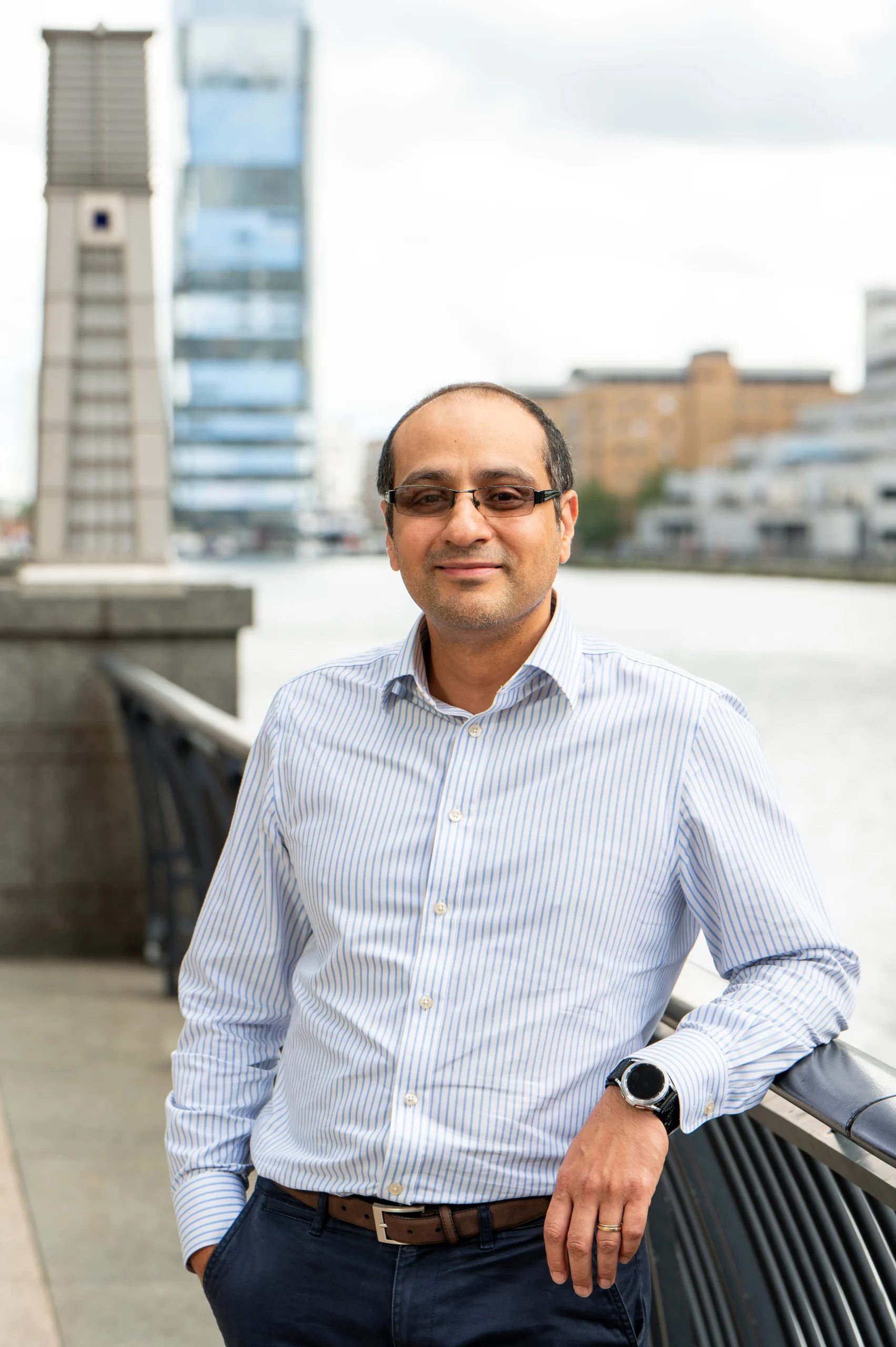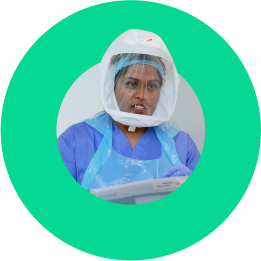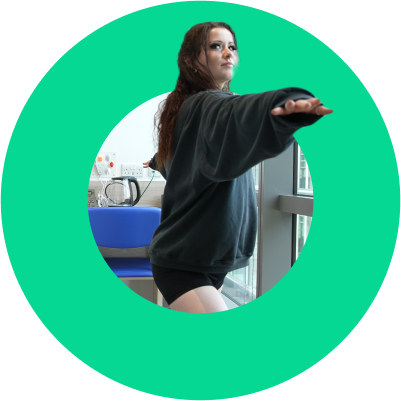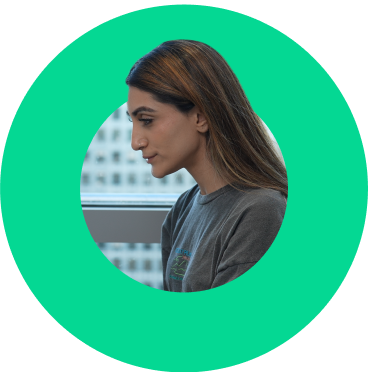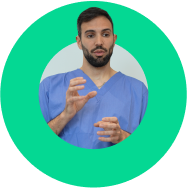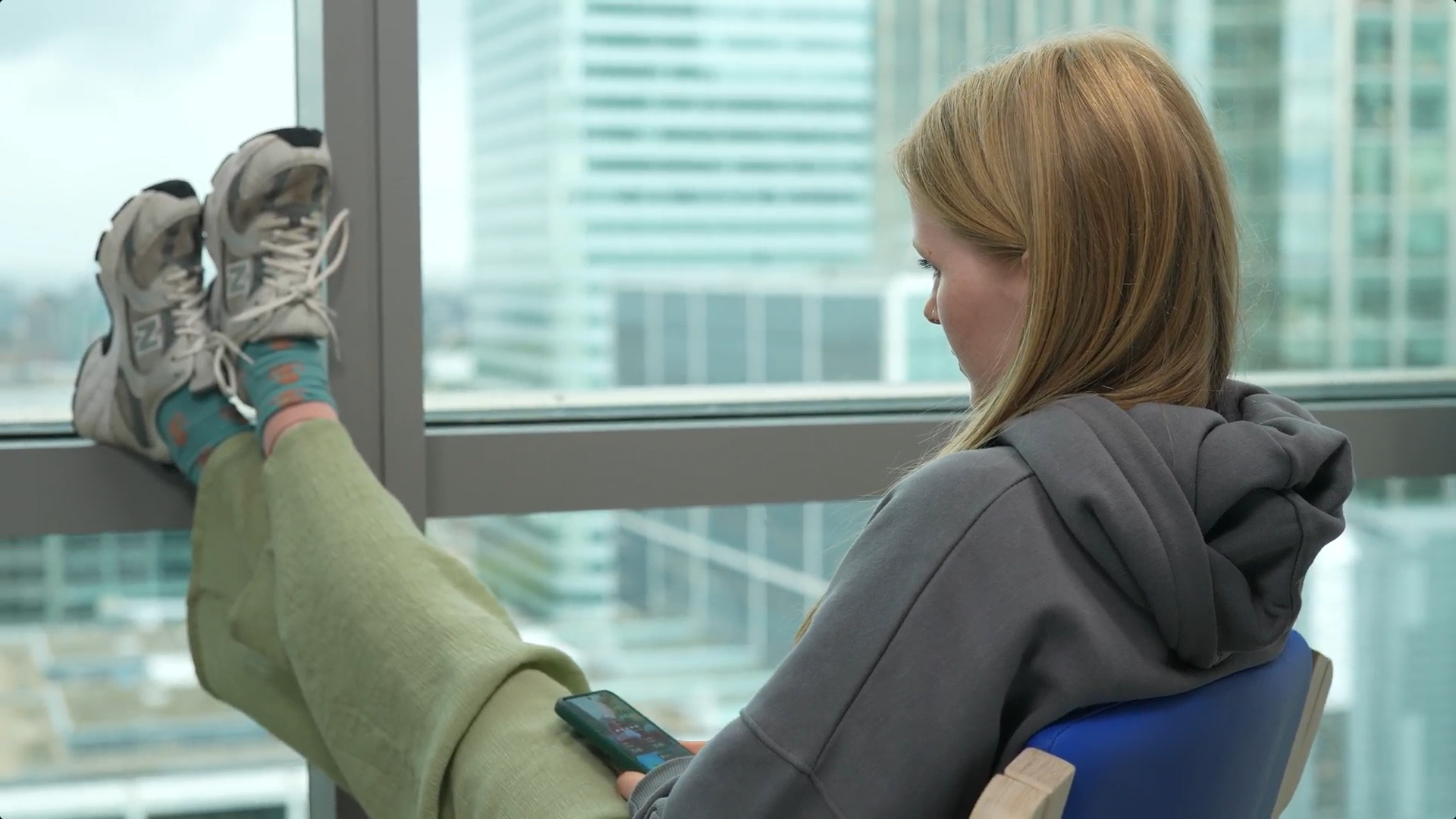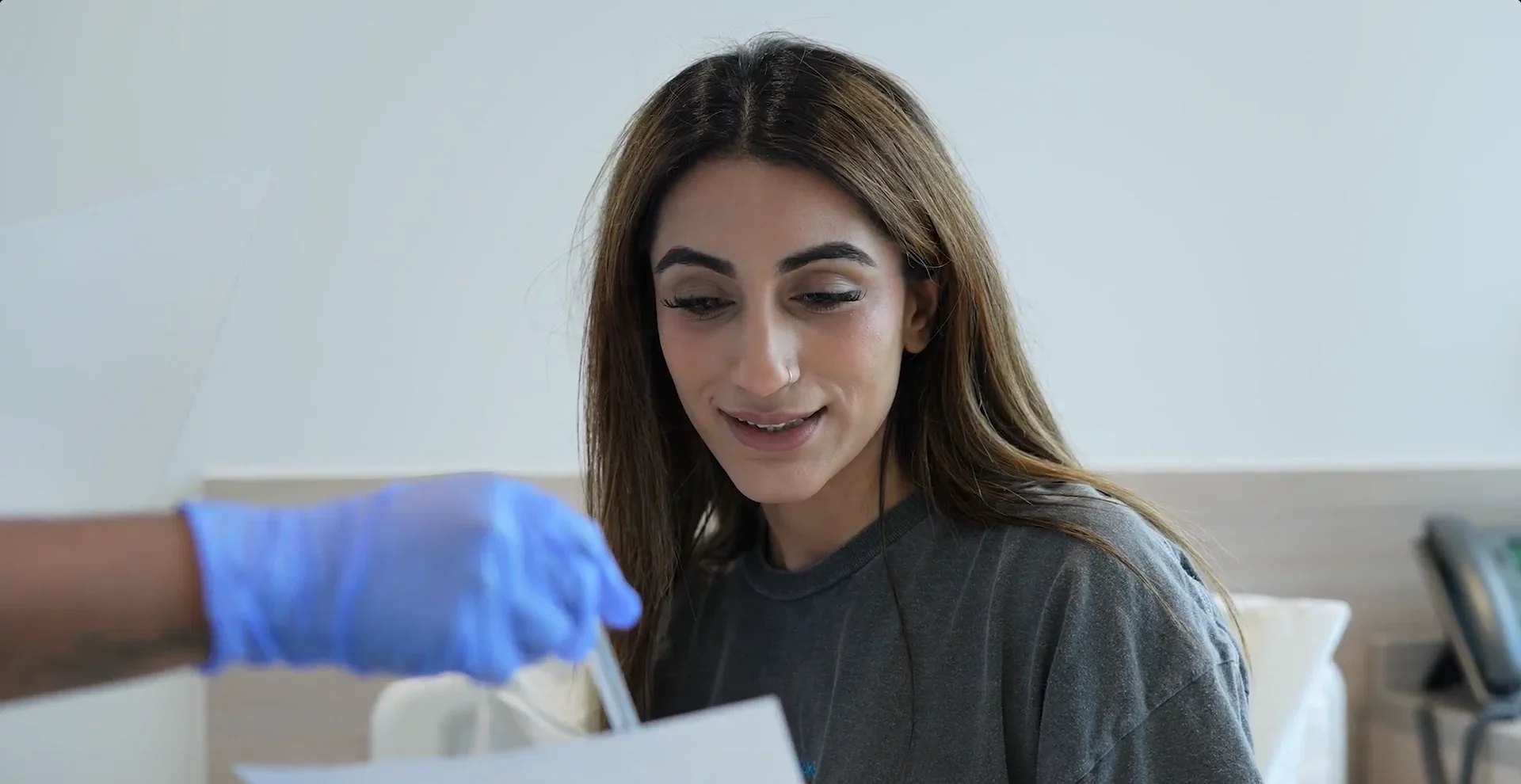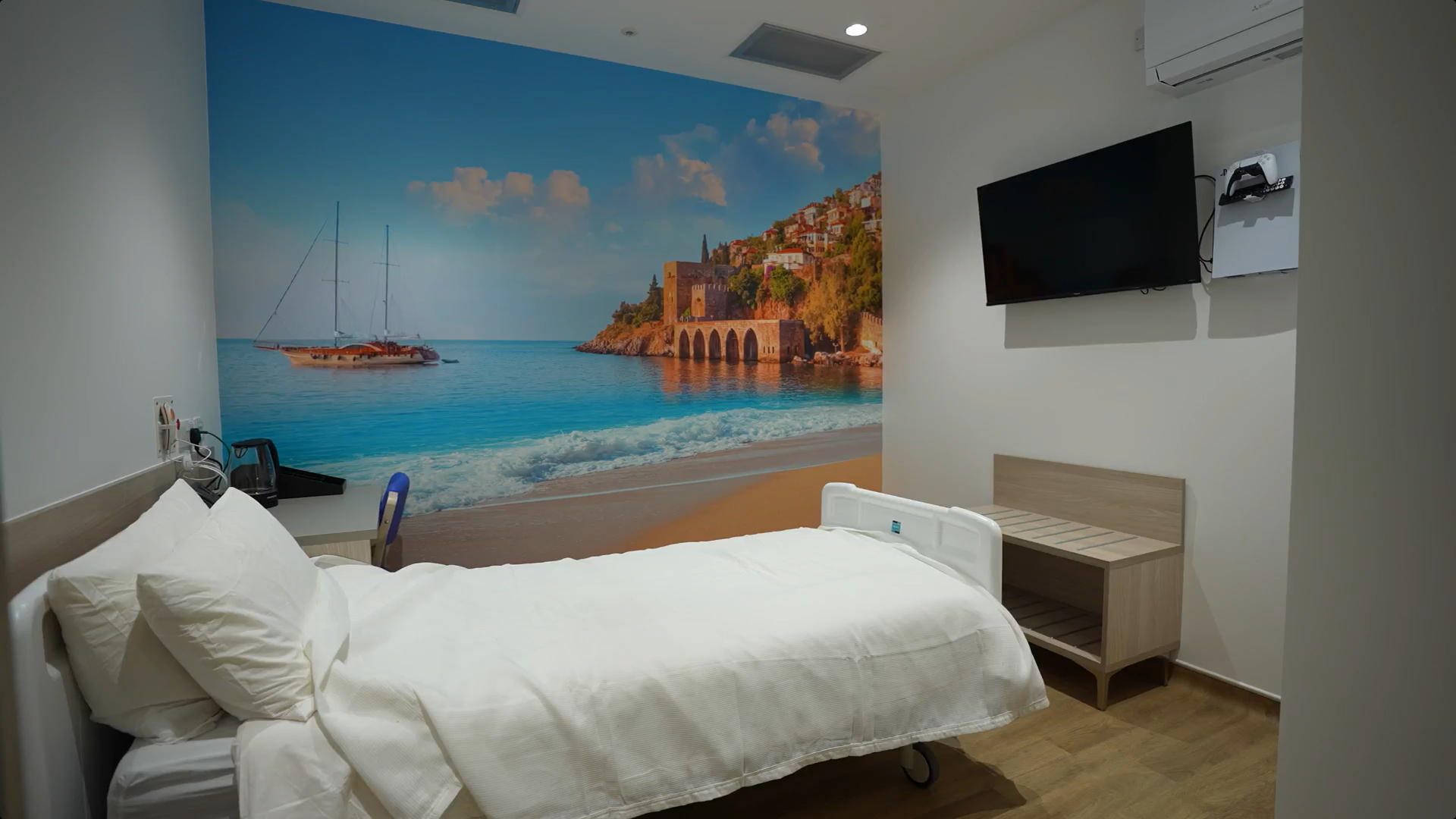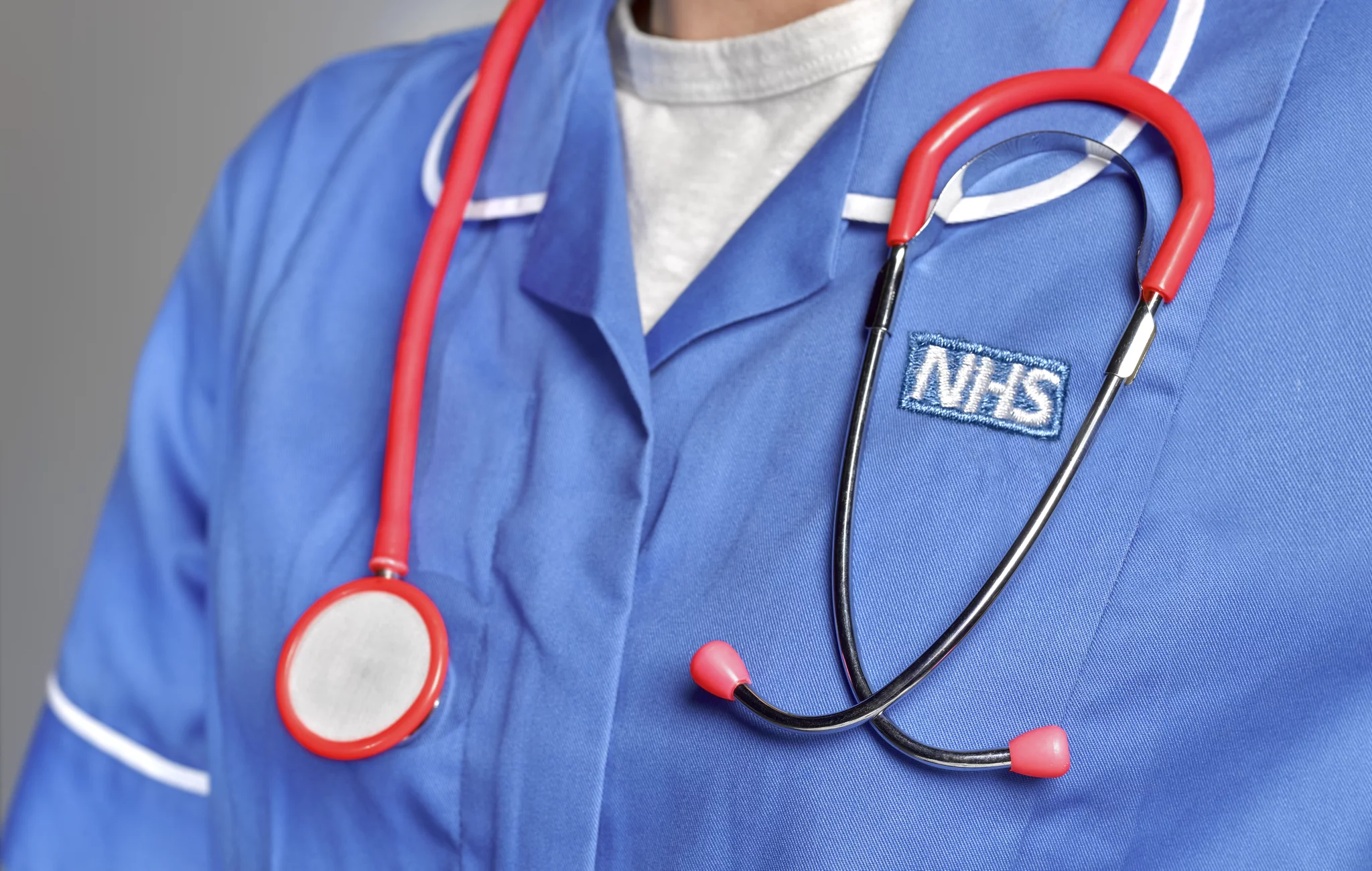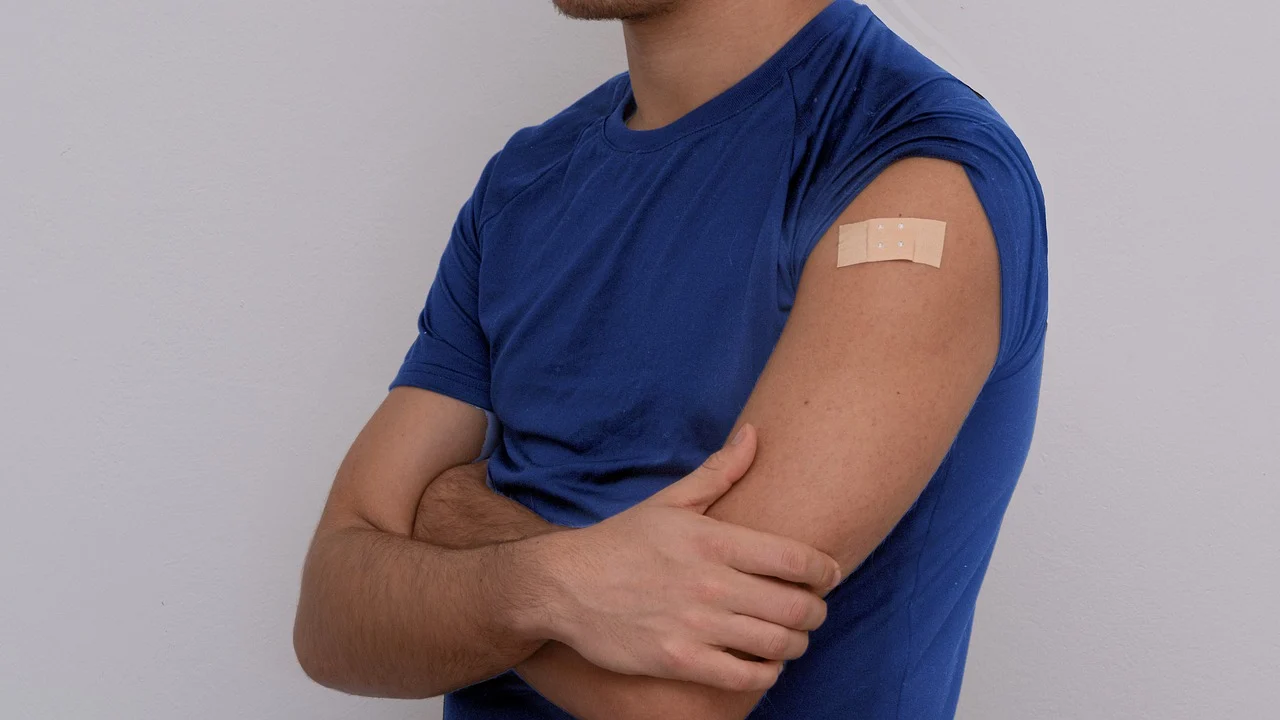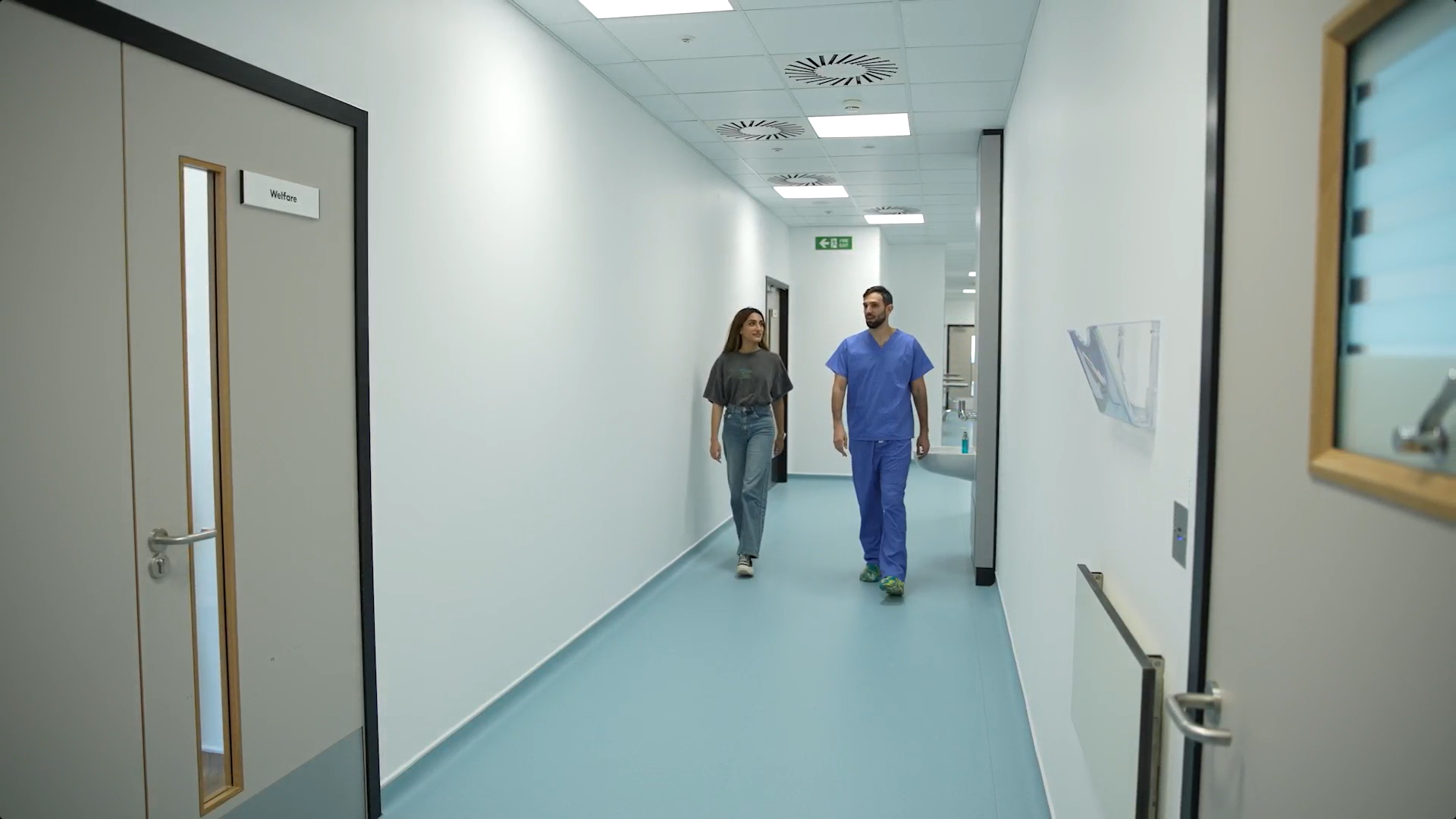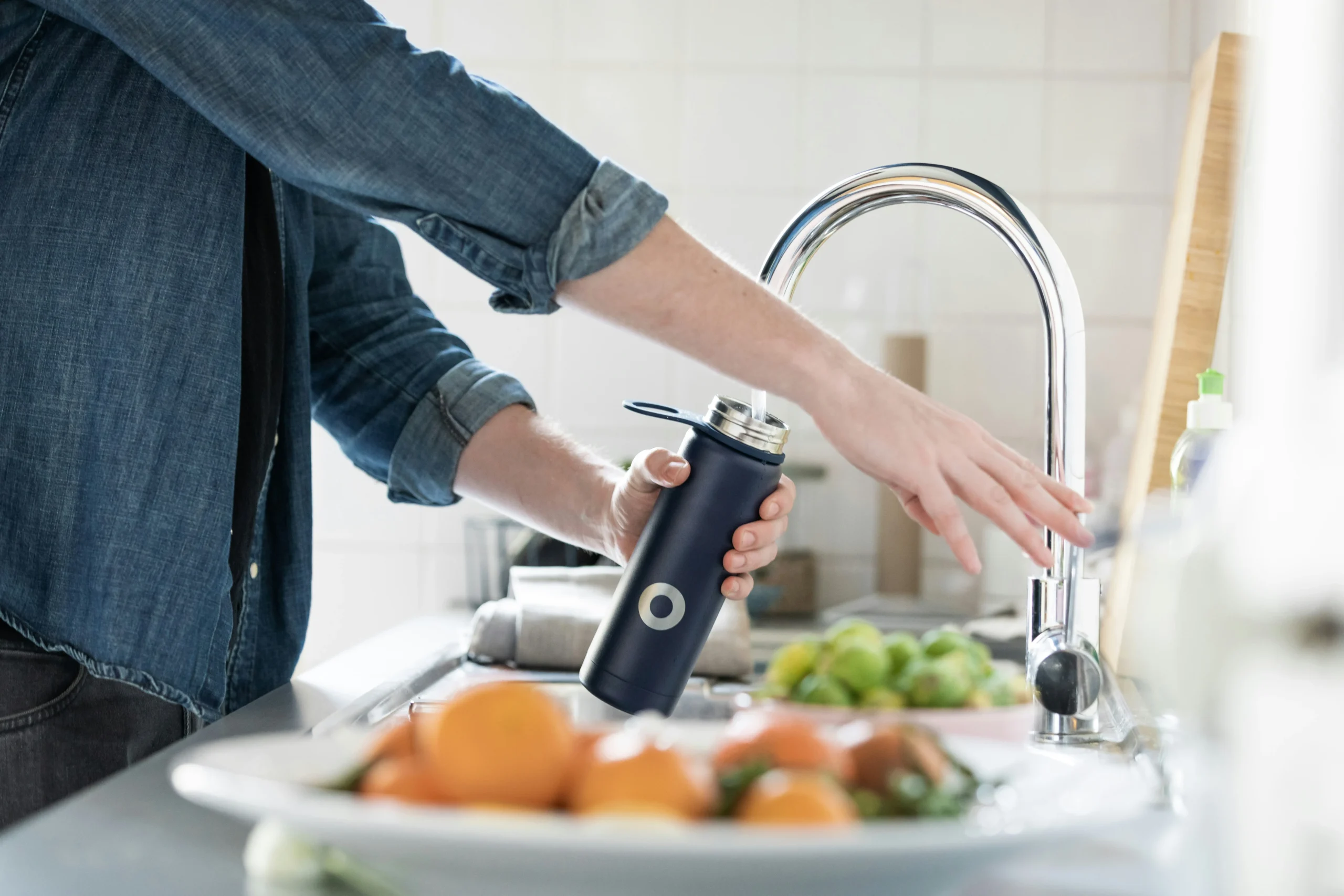Your questions answered.
FluCamp recruits volunteers to take part in clinical trials run by hVIVO. One of the trials performed at our clinics is for RSV. RSV is a respiratory virus which can be life-threatening in babies and the elderly. We have pulled together some frequently asked questions to explain the symptoms, treatments, and differences/similarities to flu.
What is respiratory syncytial virus (RSV) in children?
RSV is a respiratory virus that causes illness and trouble breathing. It is more common in winter and early spring months and can be which can be life-threatening in babies and the elderly people.
RSVs It’s the most common cause of inflammation of the small airways in the lungs (bronchiolitis) and pneumonia in babies. Actually, most babies have been infected at least once by the time they are 2 years old. Babies can also be re-infected with the virus. Infection can happen again anytime throughout life.
Young children and babies who get an RSV infection almost always show symptoms. This is different from adults who can sometimes get RSV infections and not have symptoms. In very young infants (less than 6 months old), the only symptoms of RSV infection may be:
- Irritability
- Decreased activity
- Decreased appetite
- Difficulties breathing – Apnea (pauses in breathing more than 10 seconds)
Fever may not always occur with RSV infections.
Frequently Asked Questions: RSV in Babies
FluCamp recruits volunteers to take part in clinical trials to treat respiratory diseases. One of the main therapeutic areas we investigate about at our clinics are for treating and preventing RSV.
We have pulled together some frequently asked questions to explain the symptoms, treatments, and differences/similarities to flu.[/vc_column_text][vc_column_text]
What is RSV in babies?
Respiratory Syncytial Virus, commonly referred to as RSV, is a respiratory virus that causes cold-like symptoms in the typical healthy adult, which can last on average for one week. However, RSV in the elderly, babies and young children can cause infections which pose a serious risk to their health.
RSV can lead to bronchitis and pneumonia, which causes difficulty breathing and can be fatal. Infants are classified as high-risk due to their immune systems being not yet fully developed; therefore, they are unable to fight off the virus and recover quickly.
What are RSV symptoms?
RSV may appear mild at the beginning, however as the illness progresses, the symptoms worsen and this could lead to the infection to develop into a more severe illness, such as pneumonia.
RSV Symptoms:
Runny nose, Decrease in appetite Cough, which may develop into wheezing
What are RSV symptoms in babies?
Babies suffering from RSV will often show symptoms. These symptoms are very different to an older child or an adult. Infants aged 6 months or younger, and especially premature infants are likely to suffer from the below:
RSV Symptoms in Babies: Irritability, Decreased activity or energy, Decrease in appetite (refusing bottle or breast), Breathing pauses, Dehydration – Lack of tears when crying or lack of urine, Mucus, Fever (37.8°C or above).
What are the signs of RSV in Babies?
If you have any suspicion that your child might be suffering from RSV or is displaying RSV symptoms, including wheezing or a high pitch whistling nose when breathing, we highly recommend you take them to see your doctor. RSV symptoms become worse over time, and a weakened immune system can be detrimental to the health of your child.
Your doctor can examine your baby and may suggest undergoing some tests such as:
- Urine/blood test
- X-rays to ensure that your baby does not have pneumonia
- Swab test of nose or throat
Is RSV contagious and how long does it last in babies?
RSV can live on surfaces for a significant period of time and individuals can be contagious for 3 to 8 days after infection. However, those with weak immune systems (particularly babies, young children, and elderly) can continue to spread the disease for up to 4 weeks after infection.
What causes RSV in a child?
RSV is spread when a child is in contact with fluid from an infected person’s nose or mouth. This can happen if a child touches a contaminated surface and touches his or her eyes, mouth, or nose. It may also happen when inhaling droplets from an infected person’s sneeze or cough.
Can I stop my child getting RSV?
[nfants born prematurely or with weak immune systems may be offer a prophylactic treatment called Synagis during the RSV season months, generally September to April each year. This treatment requires a monthly injection and is only advised if your child is in a high-risk category.
For other children the best preventative measures are good hygiene during and following exposure to those with cold and flus and limiting exposure to those with symptoms of a cold or flu.
Best RSV Treatment for Babies
There is currently no medical treatment to cure RSV. Because there is no currently effective treatment for an active RSV infection, your doctor will focus on treating the symptoms of RSV to give the immune system adequate time to overcome the worst of the infection and fight the virus. This will often focus on ensuring the patient can breathe adequately and without distress.
We recommend that all infants should be taken to the doctors or paediatrician to seek advice on how to care for a child suffering from RSV. Here are some points that can help ease RSV symptoms:
- Remove nasal fluids with a bulb syringe and saline drops to help clear the airways
- Mist vaporiser to keep air moist to create easier breathing air
- Give your child plenty of fluids throughout the day because hydration is vital of flushing out the virus
Babies with a serious case of RSV might be taken to hospital to receive oxygen, IV fluids and medication to help open airways and help breathing.
How should a baby sleep with RSV?
Just like any virus, rest is vital for recovery from RSV, particularly for babies and children. It is recommended that infants should sleep in a reclined position if possible. You can create this sleeping environment by putting a pillow or thick blanket underneath the cot mattress. It is advised for parents or caretakers to sleep in the same room to keep an eye on breathing patterns.
Is RSV fatal in infants & babies?
It is suggested in Medscape that RSV makes up to 27% of respiratory tract infections, which can progress to serious of life-threatening illness in those with weakened immune systems. Up to 65,000 are estimated to die from RSV annually.
How is RSV diagnosed in a child?
The doctor will ask about your child’s symptoms and health history. He or she may also ask about any recent illness in your family or other children in childcare or school. He or she will give your child a physical exam. Your child may also have tests, such as a nasal swab or wash. This is a painless test to look for the virus in fluid from the nose.
How is RSV treated in a child?
Treatment will depend on your child’s symptoms, age, and general health. It will also depend on how severe the condition is.
Antibiotics are not used to treat RSV. Treatment for RSV is done to help ease symptoms. Treatment may include:
- More fluids – It’s very important to make sure your child drinks plenty of fluids. If needed, your child will get an intravenous (IV) line to give fluids and electrolytes.
- Oxygen – This is extra oxygen given through a mask, nasal prongs, or an oxygen tent.
- Suctioning of mucus – A thin tube is put into the lungs to remove extra mucus.
- Bronchodilator medicines – These may be used to open your child’s airways. They are often given in an aerosol mist by a mask or through an inhaler.
- Tube feeding – This may be done if a baby has trouble sucking. A thin tube is put through the baby’s nose and down into the stomach. Liquid nutrition is sent through the tube.
- Mechanical ventilation – A child who is very ill may need to be put on a breathing machine (ventilator) to help with breathing.
- Antivirals – Some children with severe infections may need treatment with an antiviral medicines.
Talk with your child’s healthcare providers about the risks, benefits, and possible side effects of all treatments.
Is RSV different than flu in babies?
The difference between the flu and RSV is the first symptoms, which is why it is incredibly important to make note of these and feedback all symptoms to your doctor. Flu symptoms begin with a fever, along with aches and pains, whereas RSV starts out as a cold such as a sniffle or sore throat (sometimes accompanied with a fever) and leads to fast breathing and wheezing.
Does RSV affect older kids and babies in the same way?
Children under 2 are more likely to develop bronchiolitis, but in adults and older children, RSV usually causes mild cold-like signs and symptoms.
These may include:
- Congested or runny nose
- Dry cough
- Low-grade fever
- Sore throat
- Sneezing
- Headache
What is Bronchiolitis
Bronchitis is an inflammation of the lining of your bronchial tubes, which carry air to and from your lungs and affects babies and children under 2.
It’s usually mild and can be treated at home, but it can be serious. Bronchiolitis is different from bronchitis, which causes a cough with lots of mucus and can affect people of all ages.
Why was there been a surge in RSV cases in the UK – Summer 2022?
Cases of RSV have begun to surge around the world. This effect was expected following the Covid-19 pandemic. The social isolation measures in place around the world prevented the virus from circulating as it normally would have, however, we now have reduced immunity to the virus. Immunity wanes over time following an infection. It is expected that the reduced immunity will result in high infection rates and more severe infections.
Help us save lives!
Unfortunately, around 30 babies die each year in the UK from RSV, and there is currently no specific treatment for RSV infection. This is why we are conducting a lot of studies on the virus this year to find out more about it. Explore more about our RSV vaccine trial or apply to participate in a study. Alternatively, find out more about all of our clinical trials.
Find out more about RSV.
References:
https://www.cdc.gov/rsv/high-risk/infants-young-children.html


